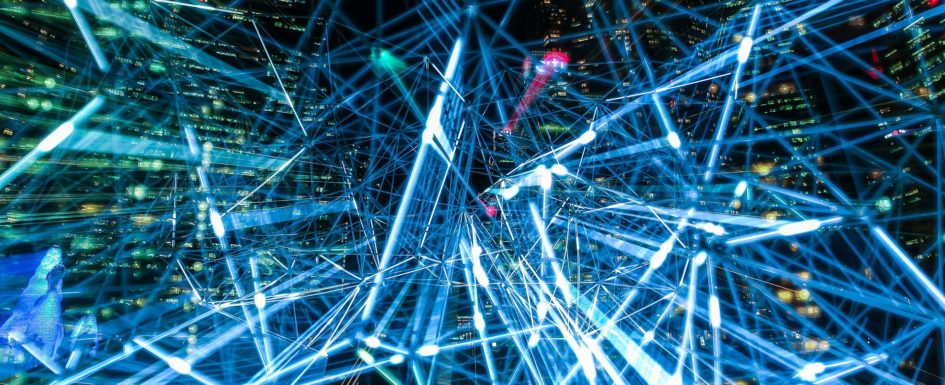The History of Science & Big Data’s Place in the Humanities
The Sawyer Seminar’s November 15 guest was Dr. Sabina Leonelli. Dr. Leonelli teaches Philosophy and History of Science at the University of Exeter, where she is also the co-director of the Egenis Centre for the Study of Life Sciences. Her book Data-Centric Biology: A Philosophical Study, was published by the University of Chicago Press in 2016. She is now working on translating her 2018 book, Scientific Research in the Era of Big Data, into English from its original Italian. Both deal abundantly with the recent shifts and innovations in how researchers process and understand scientific data. In both her public talk on Thursday, November 14, and Sawyer Seminar lunch discussion, Dr. Leonelli walked us through the fundamentals of and distinctions between Big Data, Open Data, and FAIR Data (Findable, Accessible, Interoperable, Re-Usable); these distinctions—and mindful discussions about them—is increasingly necessary as, to quote Leonelli in Data-Centric Biology, “the rise of data centrism has brought new salience to the epistemological challenges involved in processes of data gathering, classification, and interpretation and…the social structures in which such processes are embedded” (2). As Leonelli described it, Big Data is definied by their capacity to move, be (re)used across situations & disciplines, and (re)aggregated into different useful and usable platforms. To elaborate here: while there is “no rigorous definition of Big Data,” we use them, in general, to complete large-scale projects that may not valuably be done at a smaller scale, often to extract new insights about an entire world, community, or issue. Humanist examples of this in practice would Read More

